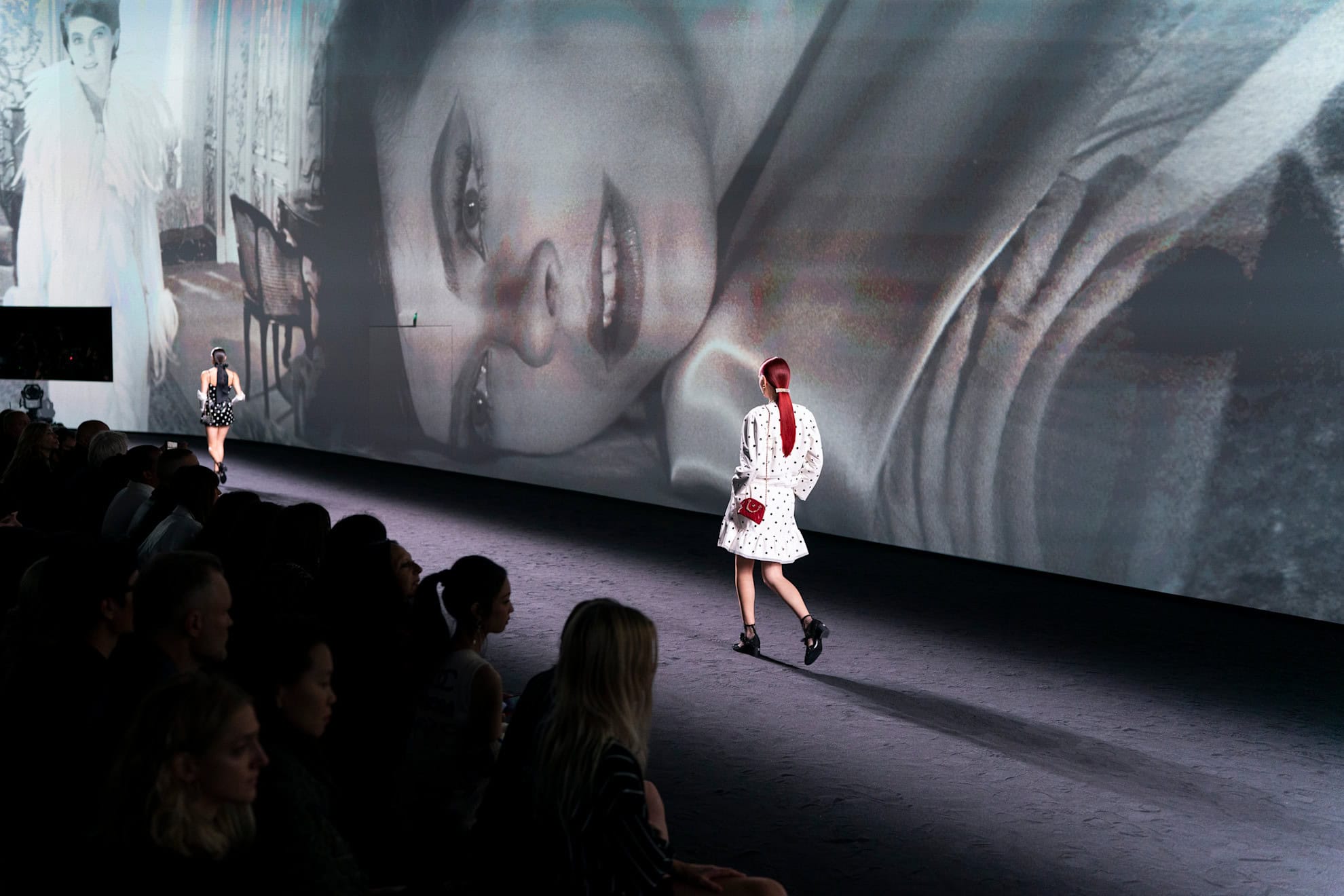Chanel Deepens Support for Emerging Filmmakers at Venice Film Festival
Chanel traded its usual glamour-filled soirée at Harry’s Bar for something more quietly influential this year at the Venice Film Festival: a celebratory lunch honoring its new partnership with the Biennale College Cinema project. It’s the first time the house has formally supported the initiative, marking a meaningful expansion of its longstanding relationship with the world of cinema.
Established in 2012 by the festival’s organizers, Biennale College Cinema offers emerging filmmakers the opportunity to develop and produce micro-budget feature films under the guidance of master directors. To date, the program has produced 68 films selected from more than 2,700 applications worldwide. For the 2024–25 cycle, Chanel has stepped in not only to provide financial backing, but also to connect selected participants with creatives in its own orbit—creating a rare bridge between luxury fashion and auteur filmmaking.
Four of this year’s supported films—Agnus Dei by Massimiliano Camaiti, Becoming Human by Polen Ly, One Woman One Bra by Vincho Nchogu, and Secret of a Mountain Serpent by Nidhi Saxena—were included in the official festival program, a testament to the platform’s increasing influence. The films span continents, with shoots taking place across Italy, Kenya, Nigeria, Cambodia, the U.S., and India.
At the center of this 13th edition is French director and screenwriter Audrey Diwan, who serves as the program’s patron. A longtime friend of the house, Diwan shares a history with both Chanel and the festival: her 2021 film Happening, starring Chanel ambassador Anamaria Vartolomei, won the festival’s top honor, the Golden Lion.
“Cinema is, by nature, a collective art,” said Diwan. “When I started, someone offered me guidance. The day I received the Golden Lion, Jane Campion presented it to me. Now it’s my turn to give back.”
Describing the program as “one of a kind,” Diwan emphasized its global reach and inclusivity. “Radical ideas and unique perspectives are welcomed here as assets,” she said. “From writing to production to premiere, these artists are given the space to bring their vision to life.”
The collaboration echoes Chanel’s deep-rooted ties to cinema, both past and present. Gabrielle Chanel herself helped launch the career of Italian director Luchino Visconti by introducing him to Jean Renoir in Venice—an origin story that still shapes the house’s cultural philosophy. Most recently, Visconti’s influence was felt in the brand’s Cruise 2025 collection, presented at Villa d’Este and captured in a short film by Sofia Coppola, another longtime Chanel collaborator.
“Chanel has a very deep relationship with cinema,” Diwan added. “Whether it’s through heritage, restoration, or championing emerging voices, their aim is always to support singular artistic expression. That’s what makes their involvement here so resonant.”
As the line between luxury fashion and cultural patronage continues to blur, Chanel’s presence at Venice this year felt less like a red carpet cameo and more like a meaningful, long-term investment in storytelling itself.
